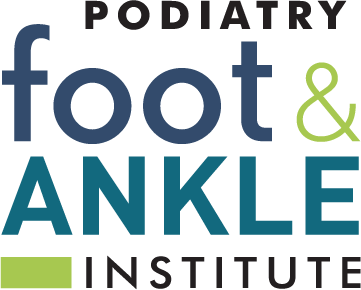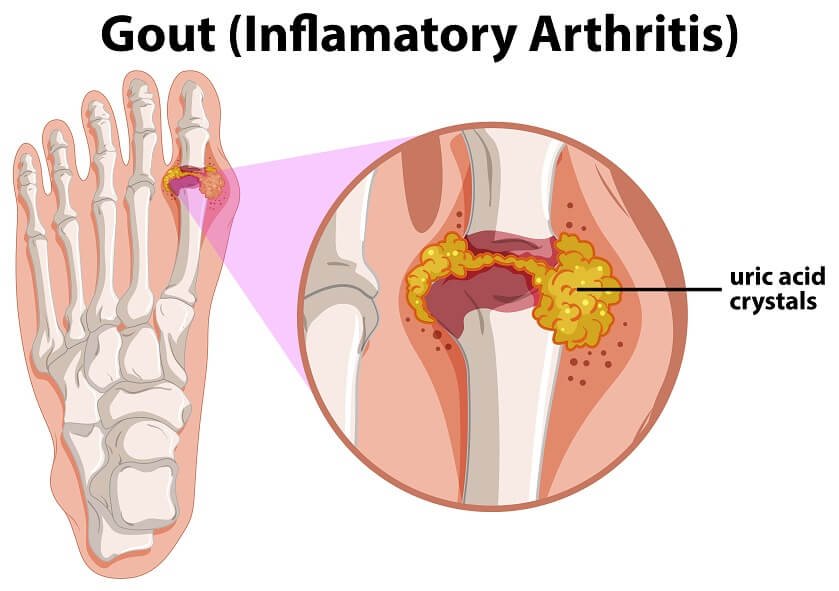Nutrition Dos and Don'ts For Gout
For anyone who’s recently been diagnosed with gout or is at risk for developing gout, keeping a special eye on your food intake becomes so much more important to do on a daily basis. Whether you’re looking to reduce the side effects and symptoms of gout or lessen your vulnerability to developing gout, avoiding certain foods and favoring others is a great way to help out your body. Since so many gout sufferers experience gout mainly in their feet, lessening their symptoms or avoiding developing gout altogether positively impacts your ability to remain pain-free, active, and healthy.
WHAT FOODS ARE BENEFICIAL TO THOSE WITH GOUT OR AT RISK OF DEVELOPING GOUT?
Nearly all fruits, though cherries have been shown to prevent gout attacks by reducing inflammation and lowering uric acid levels.
Nearly all vegetables, which includes potatoes, peas, mushrooms, dark greens, and eggplant.
Legumes & beans, including lentils, soybeans, and tofu.
All nuts and seeds are gout-approved.
Whole grain foods, such as cereals or pasta, made with oats, brown rice, or barley.
Any and all dairy products, but especially low-fat varieties
Eggs are a safe, versatile gout-friendly food.
Drinks such as coffees and teas, especially green tea.
Any and all herbs and spices.
Plant-based oils, such as coconut, olive, flax, and canola oils.
WHAT FOODS SHOULD YOU AVOID IF YOU HAVE GOUT OR YOU’RE AT RISK OF DEVELOPING GOUT?
Organ meats, such as liver and kidney.
Game meats, like veal, venison, or pheasant.
Fish, such as herring, mackerel, tuna, trout, sardines, and more.
Seafood like scallops, crab, or shrimp.
High-sugar drinks, especially fruit juices and sodas.
Nutritional yeast, brewer's yeast, and other yeast supplements.
Adhering to these dietary guidelines and making other changes to your lifestyle are known to help reduce your vulnerability to developing gout, as well as decrease the frequency and severity of gout attacks in your affected joints.
Please check in regularly with Podiatry Foot & Ankle Institute trusted Podiatrists - Dr. Edward Harris, Dr. Neil Goldberg, Dr. Adam Rozenstrauch and Dr. Yakov Groysman is an important part of maintaining your health as well!
Book an online appointment or call us today to schedule at one of our three locations throughout Hackensack, Fort Lee and Montvale, New Jersey.


